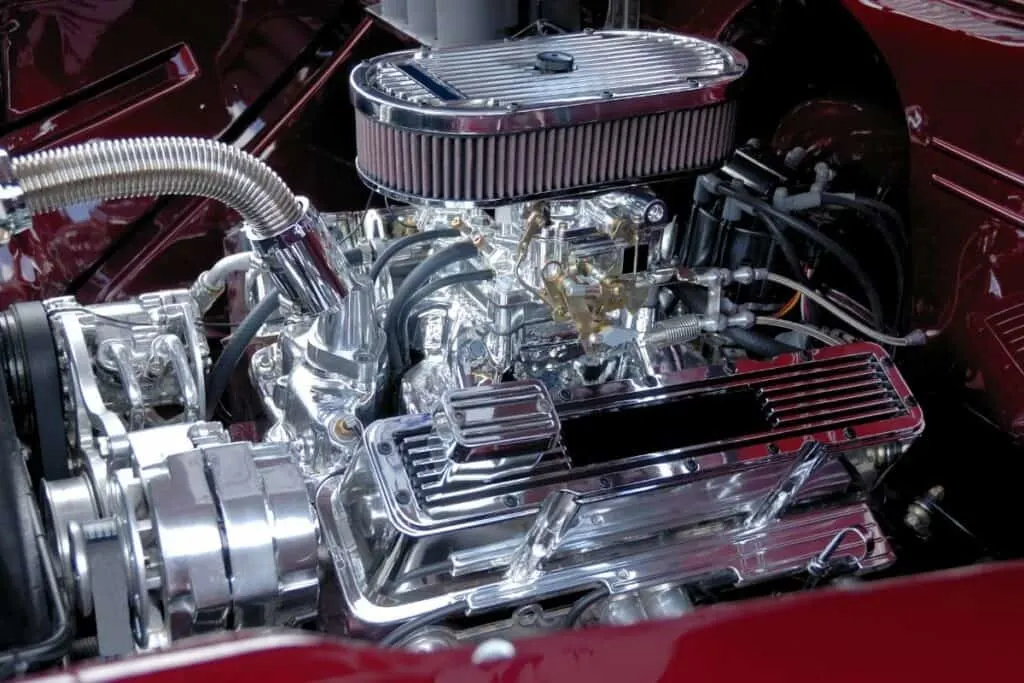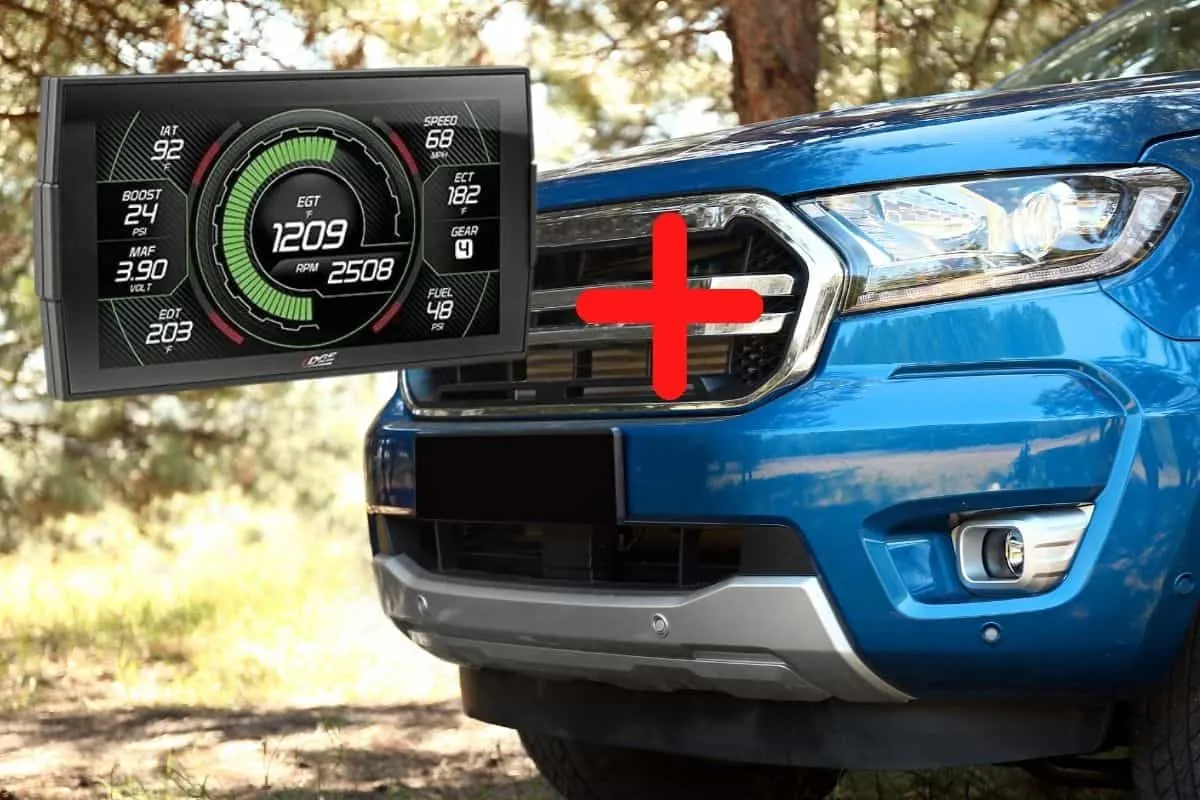If you want to enhance your vehicle’s performance, you might consider adding an engine tuner to your vehicle. Performance tuning will generally increase the torque and horsepower, adding a certain thrill when you drive your car.
Manufacturers perform thorough testing and research to ensure that their tuners do not cause harm to a vehicle’s engine. However, it’s important to ensure that a vehicle is in good working condition before trying to enhance its power output.
With that in mind, let’s take a deeper look to learn more about tuners.
What Is an Engine Tuner?
An engine turner is a device plugged into the diagnostics port and calculates the computer settings of your car.
This enables you to get optimal transmission and engine performance. Although it might be a little tricky, you can also calculate your best fuel mileage.
Are Tuners Bad for Your Engine?
Generally, a turner isn’t considered bad for your engine. The numerous advantages, especially for heavy use vehicles, are welcome!
However, it’s essential to look into the general health of your engine before installing a turner on it.
Before you settle on a turner, you have to know if other modifications have been made to your engine, its mileage, and its drive train. Otherwise, a turner is supposed to improve your engine’s performance without causing any damage to it.
Engine tuner manufacturers have conducted thorough research to ensure that their product boosts the engine without affecting its longevity or health.
As already discussed, it’s crucial to conduct a feasibility study to determine if your vehicle does need a turner or not. You shouldn’t install one because you want it; instead, install one when you need it.
A turner is worth every cent for a vehicle that traverses hilly terrain and tows heavy load. These types of vehicles are the reasons turners exist in the first place.

Do Tuners Work on Gas Engines?
Yes, a turner works on a gas truck engine by adjusting necessary computer settings like:
- Injector pulse width
- Fuel or rail pressure
- Injection timing
These adjustments are mainly to improve the engine’s general performance.
The following are some of the reasons why you would tune your gas truck:
1. Enhanced Acceleration and Speed
The output can go up by up to 88 lb. ft. of torque and 99 horsepower for a gasoline or diesel engine. Changes can go up by 240 lb. Ft. of torque and 120 horsepower for a diesel truck.
These changes are, however, dependent on the vehicle model and the customizable turner.
A turner works by changing how the engine operates to improve its efficiency. It can do this by increasing the valve lift a little to improve the top-end speed at high RPMs.
It can also reduce the valve lift when the vehicle requires more pulling power.
2. Decreased Maintenance Costs
When you use a programmable turner, you will get safety alerts in the form of diagnostic problem codes (DTCs). With today’s technology, you can read and delete these messages as well.
As an owner, the turner enables you to run your own diagnostic check once you receive the “check engine” alert light.
Once you know how to find out what it means and address the issue, you can delete the alert. This will save you a costly trip to the auto repair shop!
3. Increased Miles-Per-Gallon
A tuner helps the engine operate efficiently; therefore, it reduces the engine’s fuel consumption.
It’s a popular belief that the best fuel economy gains happen when the tunes range from 65-90 extra horsepower. This range will differ based on the car model and the owner’s driving style.
4. Monitors Engine Function and Prevent Damage
The turner communicates either suction cupped to the windscreen or permanently mounted on the dashboard through a display screen.
It gives drivers real-time information regarding the engine, such as transmission temperatures, coolant, etc. It gives you the problem and the exact reason why it’s happening.
Some turners can also automatically lower the horsepower if the engine is overheating. This will prevent damage to the engine without intervention from the driver.
The same applies when you forget to switch on the ‘tow’ mode. The turner will shift to the highest level of safety capacity.
What is Tuning?
Tuning a vehicle can sometimes be referred to as turning up the boost. Boost is the amount of air pressure in the inlet manifold. This pressure is what forces the air into the engine.
With every engine, peak horsepower is assigned, which is assigned by an RPM value. If you were to add more horsepower, the vehicle would perform at an optimized rate.
To tune a vehicle, a programmer or module, or chip is installed in the engine. This new tune will modify the signals that occur between the car’s computer and the electric components of the engine. The mode of signal transmission will differentiate between a programmer and a module.
A programmer connects directly to the car’s computer from the data port under the dashboard. The new program sends different calibrations, replacing the original signals. The electronic components in the engine receive the modified signals and effects the desired changes made by the tune.
Chips or modules are installed in different places of the vehicle depending on their intended use. It is placed between the computer and at least one electronic part the computer sends signals to.
The module intercepts the signal sent by the computer and modifies the signal with the desired changes, and releases it to continue to its destination.
If what you have read so far has piqued your interest, you should continue reading to learn more about engine turners and performance tuning.
How Does a Tuner Work?
First, you have to install a tuner on your engine. The device starts to change the ratio between fuel to open throttle air. This serves to improve your vehicle’s performance as well as its power!
To maintain the best fuel mileage and extra safety during the process, you shouldn’t change the cruise or air-to-fuel ratio.
Another functionality of the turner is to increase and improve spark timing. This occurs when the throttle power and response are increased, i.e., increased throttle range.
Turners can save you some money if you drive the vehicle for long distances. This is because a turner adds 3 or 4 miles per gallon (mpg). It will, however, depend on how carefully you drive and the terrain on which you drive.
However, there have been some arguments about the added torque and the enhanced horsepower and how they might end up using more fuel. If you are using your truck for more strenuous activities such as towing, you will need the extra torque and power a turner provides.
A standard vehicle that doesn’t need the extra enhancements might consume more fuel than it needs to boost its performance.
With a turner installed, the transmission settings change as well. This will cause a change in pressure and shift speed.
You are bound to notice the performance difference as soon as you drive your car!
Conclusion
An engine turner is very useful in enhancing your vehicle’s output. You can even get a customized turner that best suits your truck’s engine and its needs. It’s possible to monitor the turner in real-time to check its functionality.
While there are no significant drawbacks to installing a turner in your vehicle, it’s best to do your due diligence. If you need further explanation, you might seek an expert opinion. They might help you pick the best performance chip for your vehicle.
However, it’s important to note that installing a turner on your engine might void its warranty. Hence, it’s up to you to decide why you need it and how it will benefit your truck.
